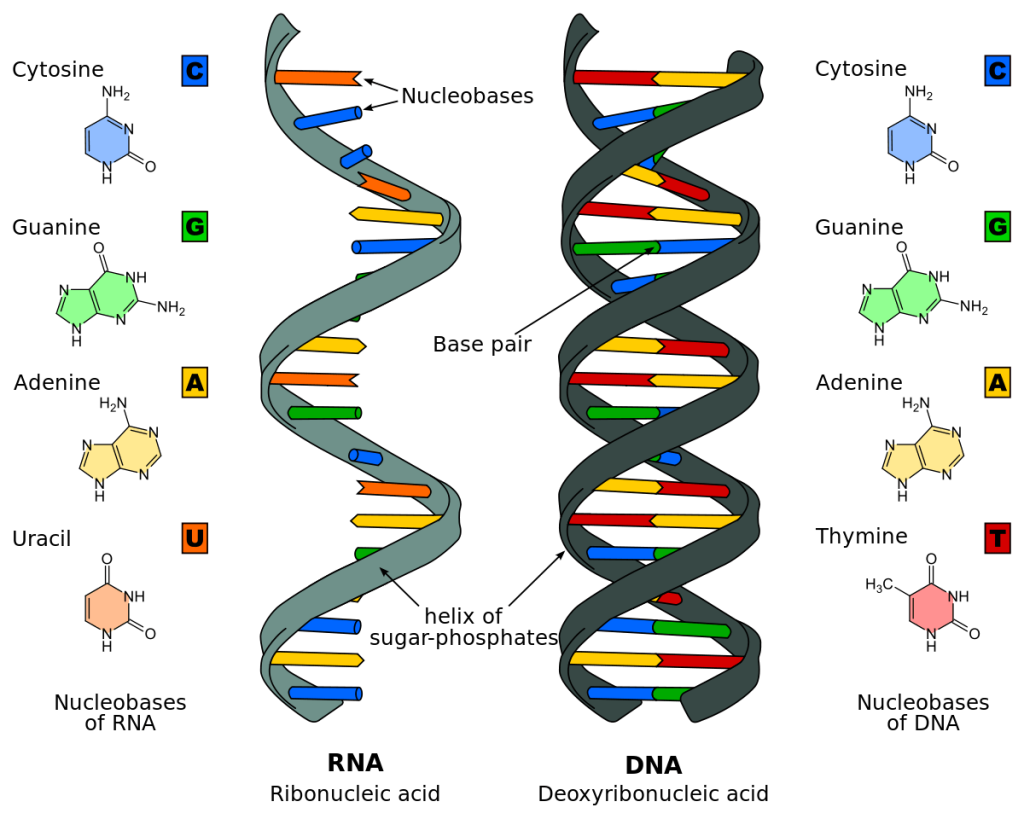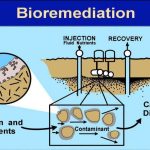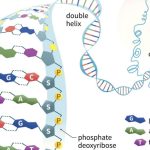Nucleic acid, naturally occurring chemical compound that is capable of being broken down to yield phosphoric acid, sugars, and a mixture of organic bases (purines and pyrimidines). Nucleic acids are the main information-carrying molecules of the cell, and, by directing the process of protein synthesis, they determine the inherited characteristics of every living thing. The two main classes of nucleic acids are deoxyribonucleic acid (DNA) and ribonucleic acid (RNA). DNA is the master blueprint for life and constitutes the genetic material in all free-living organisms and most viruses. RNA is the genetic material of certain viruses, but it is also found in all living cells, where it plays an important role in certain processes such as the making of proteins.

polynucleotide chain of deoxyribonucleic acid (DNA)Portion of polynucleotide chain of deoxyribonucleic acid (DNA). The inset shows the corresponding pentose sugar and pyrimidine base in ribonucleic acid (RNA).


